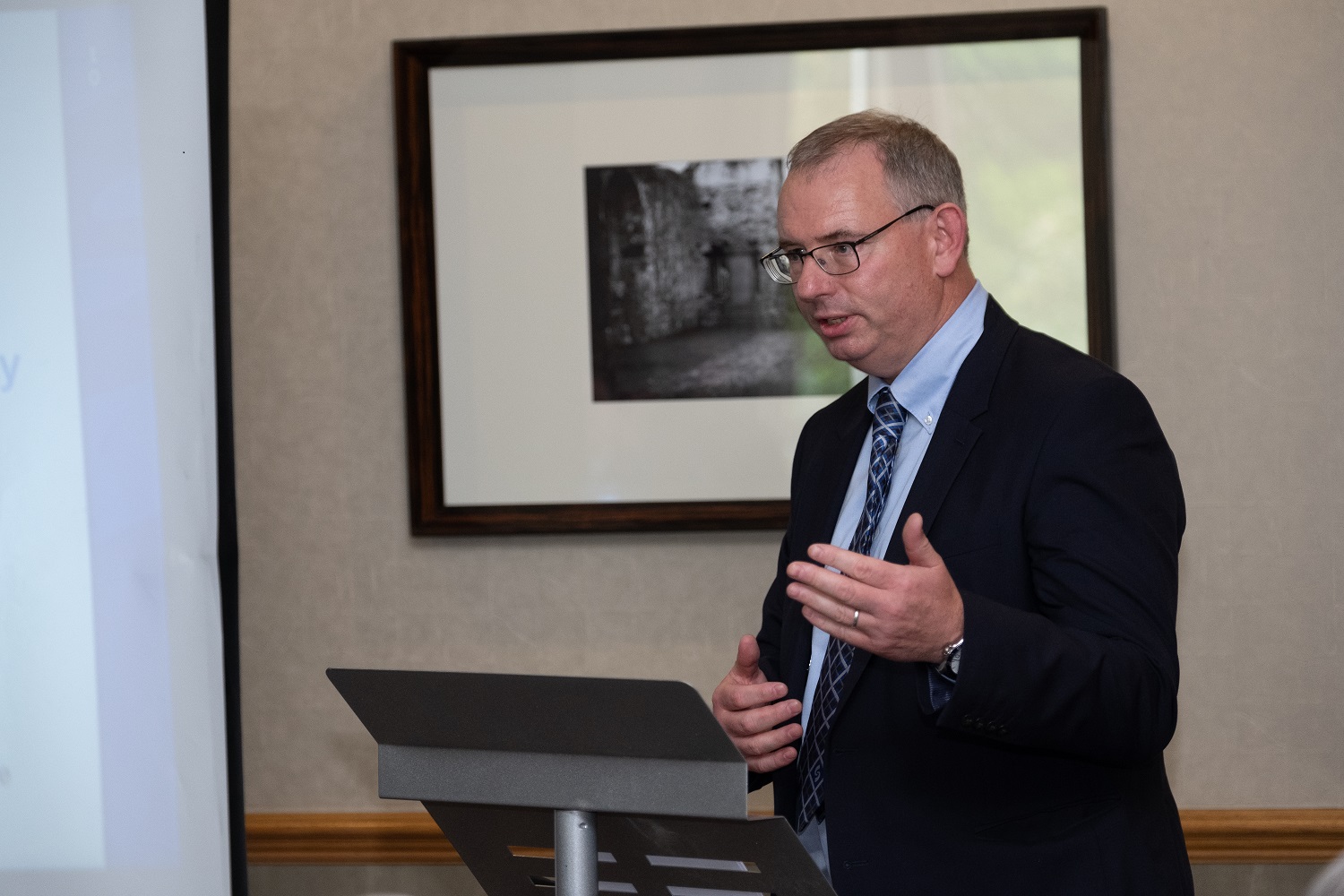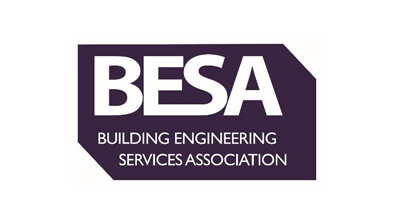SELECT warns of ‘unintended consequences’ of new fire safety regulations
New fire safety regulations under consideration by the UK Government could undermine existing qualifications that currently ensure contractors are qualified and competent to carry out work in their field, the trade body for Scotland’s electrical industry has warned.

Alan Wilson
In its response to the ‘Building A Safer Future’ consultation, which relates to buildings above 18m high in England, trade body SELECT has cautioned against the introduction of a new overarching competence framework to minimise the risk of fire in high-rise buildings. This new framework is one of a series of proposals supported by the Competence Steering Group (CSG) set up in the wake of the Grenfell Tower fire in June 2017.
In particular, SELECT opposes the CSG’s suggestion to use either PAS or British Standards Institution certification to determine core knowledge, skills and behaviours.
“This action will undermine the existing National Occupational Standards, apprenticeship and qualifications structures already in place,” SELECT says in its submission.
“In our view, the answer is that for sectors such as the electrical industry, where apprenticeships already exist, PAS/BSI standards should accept these as definitive of the core knowledge and skills for that discipline, subject only to any specific additions re: fire and structural safety, et cetera.”
SELECT is aware that at least two previous UK Government schemes – the Microgeneration Certification Scheme and the Green Deal – which used PAS to accredit those who did not hold existing qualifications as a way to measure the competence of those individuals. Examples of poor work carried out under these schemes demonstrated that depending solely on an individual attaining a level of “competence” was flawed, as those individuals did not have the baseline of experience to underpin any technology-specific training.
Alan Wilson, managing director of SELECT, said existing industry-endorsed apprenticeships and competence-based qualifications should be recognised and reinforced as the minimum entry-level benchmarks. Further support should also be given to industry-led initiatives that support experienced but unqualified or under-qualified workers to achieve minimum competence-based benchmarks.
“No one wants to see a repeat of the tragedy that happened at Grenfell Tower, so of course we at SELECT fully support the objectives of these new regulations,” he said. “SELECT robustly advocates the highest of safety standards, and we have been at the forefront of a long-running campaign for better regulation in our industry.
“But it is imperative that any new competence regime does not have the unintended consequence of undermining existing and highly-regarded apprenticeships and competence-based qualifications that already do much to ensure that work is carried out to a high standard. Instead, these apprenticeships and industry qualifications should be added to and strengthened.”
The Building Engineering Services Association (BESA), meanwhile, has welcomed the consultation and called for a series of tough new legislative measures as part of its response.
The wide-ranging consultation sought views on proposals for a radically new building and fire safety system centred on residents’ safety that followed Dame Judith Hackitt’s post-Grenfell independent review of building regulations and fire safety.
BESA said it was crucial that the government did not miss this opportunity to “embed a new culture and reshape the whole process for delivering both new build and refurbishment work”.
It called for an expansion of the proposed new safety regime beyond residential buildings above 18 metres to all types of buildings considered at high risk of fire. It proposed the mandating of automatic fire suppression to address the growing risk posed by more owners installing commercial kitchens and food retailers in buildings that also contain residential accommodation.
It said that all the new measures must be underpinned by a more robust focus on competence and compliance.
“However, this has to be more than simply adhering to a new set of rules – it is a chance to be far more ambitious,” said BESA chief executive David Frise. “This is a unique opportunity to fundamentally change the culture of our industry; starting with clients being forced to feel their responsibilities in line with Dame Judith’s recommendations.
“Every party involved in the design, installation, operation or maintenance of a building needs to take responsibility for their input, from the design consultant to installation contractor,” said Mr Frise. “This should be the accepted culture within the industry – delivered without compulsion, without hesitation and with complete transparency.”
BESA members played an active part in composing the Association’s response to the consultation and many highlighted the need for complexity to be taken out of the procurement process to reduce confusion and minimise areas of dispute in supply chains.
They were also keen to ensure policy makers understood the importance of the whole lifecycle of a building so that assessing the competence of contractors working at all stages of the building’s life was a priority.
“Up to now, the discussion has been dominated by the design and construction professions,” said Mr Frise. “It is, therefore, welcome that the consultation included provision for the Hackitt recommendation that there be a ‘Golden Thread’ of digitally based information spanning a building’s life. This ultimately drives accountability and a focus on safety at all stages, from the beginning of the process through the entire lifecycle of a building.”
However, BESA challenged the proposal that BIM should be the preferred method for creating the Golden Thread pointing out that other less costly and complex digital methods were available.
The full BESA submission can be read here.
















